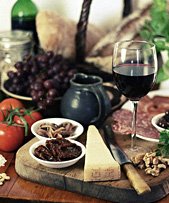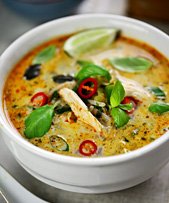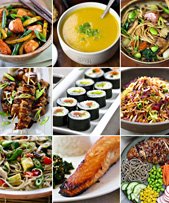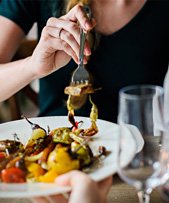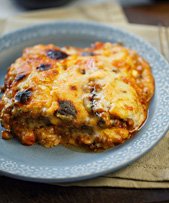Let’s talk protein
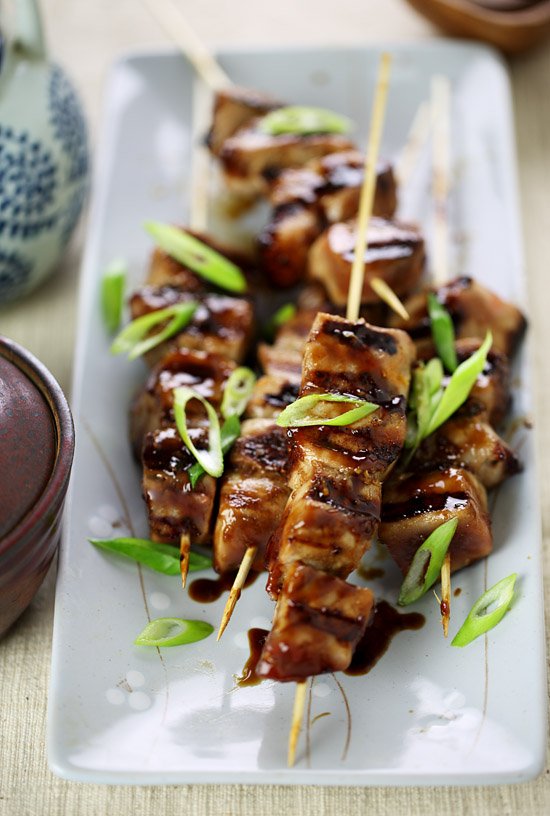
If you follow a MediterrAsian way of eating, you’ll find that red meat won’t be high on your list of shopping ingredients.
That’s because it’s never been a major part of traditional Mediterranean and Asian diets. In these cultures red meat has traditionally been used in small amounts as a flavor enhancer, and usually only eaten in larger amounts on special occasions or during festivities.
However many Westerners think that if they cut down on meat, they’ll also end up missing out on protein.
And that’s a valid concern because protein is an essential nutrient used by your body for building, repairing and maintaining muscles, making blood cells and synthesizing hormones and enzymes. Studies have also shown that protein can help keep you feeling full longer.
But eating lots of meat certainly isn’t the best way to get your protein. That’s because meat not only contains plenty of protein, it also typically contains plenty of saturated fat — which can raise levels of “bad” LDL cholesterol in the blood, which in turn increases the risk of heart attack and stroke. High red meat consumption has also been linked to a higher risk of breast, prostate and colon cancer.
That’s why eating meat in small amounts, as people from Mediterranean and Asian cultures have traditionally done for centuries, is a very sensible route to take. But this doesn’t mean that by following a MediterrAsian way of eating you’ll end up consuming inadequate amounts of protein. Far from it! Here are the sorts of foods that have traditionally provided people from Mediterranean and Asian cultures with their protein:
- Fish and shellfish
- Legumes (beans, peas and lentils)
- Nuts and seeds
- Poultry
- Cheese and yogurt, in moderation
- Eggs, in moderation
- Red meat, in small amounts
- Grains (most varieties contain 10-15 percent protein)
So by following a MediterrAsian way of eating you won’t be limiting the choice and amount of protein you eat, instead you’ll get your protein from much more varied and healthy sources. That’s not only good for your health and wellbeing, it’s good for your taste buds too!

